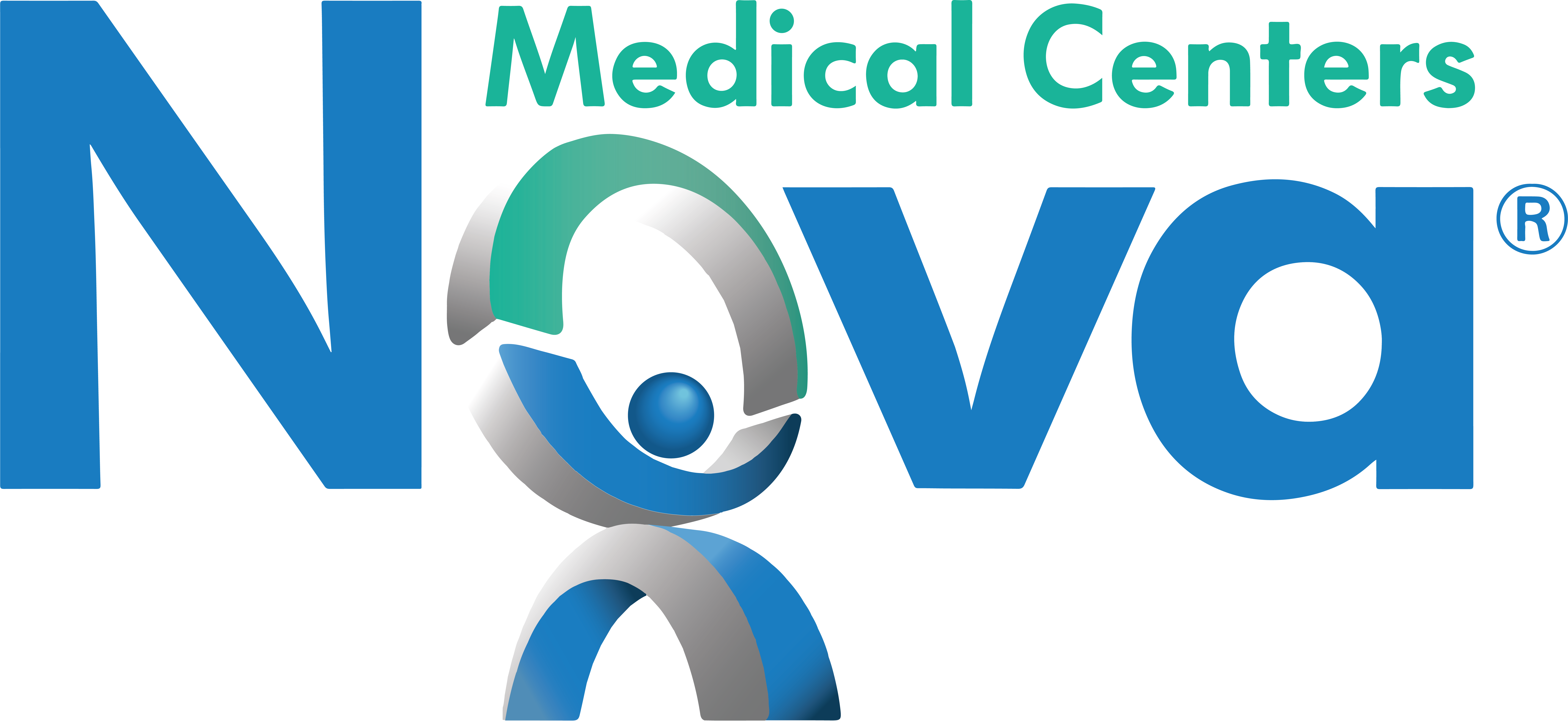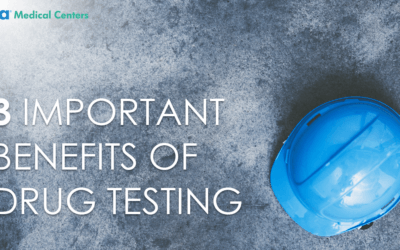Every employer wants to hire the best man or woman for the job. To this end, employers review applications, conduct interviews and perform background checks. However, these steps may not always tell an employer everything he or she needs to know about a potential employee. Pre-employment drug testing can also give valuable information that may help an employer make the right decision about hiring a prospective employee.
Drug Testing Basics
Drug tests are offered by private companies and laboratories that specialize in drug screening, as well as by medical clinics and industrial and occupational medicine practices. Pre-employment drug testing can search for a single drug or for all common street and prescription drugs. The most common method of drug testing is chemical analysis of a sample of urine or blood from the prospective employee. These tests can indicate whether an individual has used drugs in the previous one to two weeks. A hair follicle test can also be performed to determine if a person has used drugs in the past several months.
The Importance of Pre-Employment Drug Testing
While some drug users will indulge in occasional, recreational use of drugs when not at work, the presence of a drug in an individual’s body can be a sign of a serious chemical addiction and may also be an indication of an underlying personality disorder that would make that individual a poor choice as an employee. Below are several ways that drug screening of potential employees can benefit an employer.
Workplace Safety
Some work conditions involve the use of heavy machinery or performance of other tasks that require the full concentration of the employee. The intrinsic hazards of these workplaces are multiplied when an employee is under the influence of drugs. Drug testing helps prevent a potentially impaired employee from attempting to perform complex or dangerous tasks and possibly harming himself or other employees.
Protection from Civil Liability and Criminal Prosecution
An employee acts as a representative of a company. If an employee harms a person or causes damage to private or public property while working, the company, as well as the individual employee, can be sued for damages. In addition to civil liability, a business owner might also be subject to criminal prosecution if an employee commits a crime while on the job or is found to possess controlled substances on company property or in a company vehicle.
Safeguarding Company Property
Although theft is not limited to drug users, workers with a drug addiction are more likely than non-drug users to steal from their employer, co-workers or even clients or customers. Individuals with a serious addiction who have access to company funds, computers, vehicles, client’s belongings or other objects of value might be more prone to steal due to a lowered threshold of impulse control or a need for extra money to pay for drugs. Also, in most jurisdictions, vehicles driven by an intoxicated driver or in which drugs are found during a traffic stop are subject to impound or confiscation by the police.
Most employers, especially those whose employees work closely with the public, benefit from screening all new hires for a range of common drugs as part of the hiring process. Although drug testing is not a foolproof means of gauging how reliable and efficient a potential employee will be, it can allow an employer to avoid hiring an individual that is likely to perform poorly or even be a detriment to the company.



